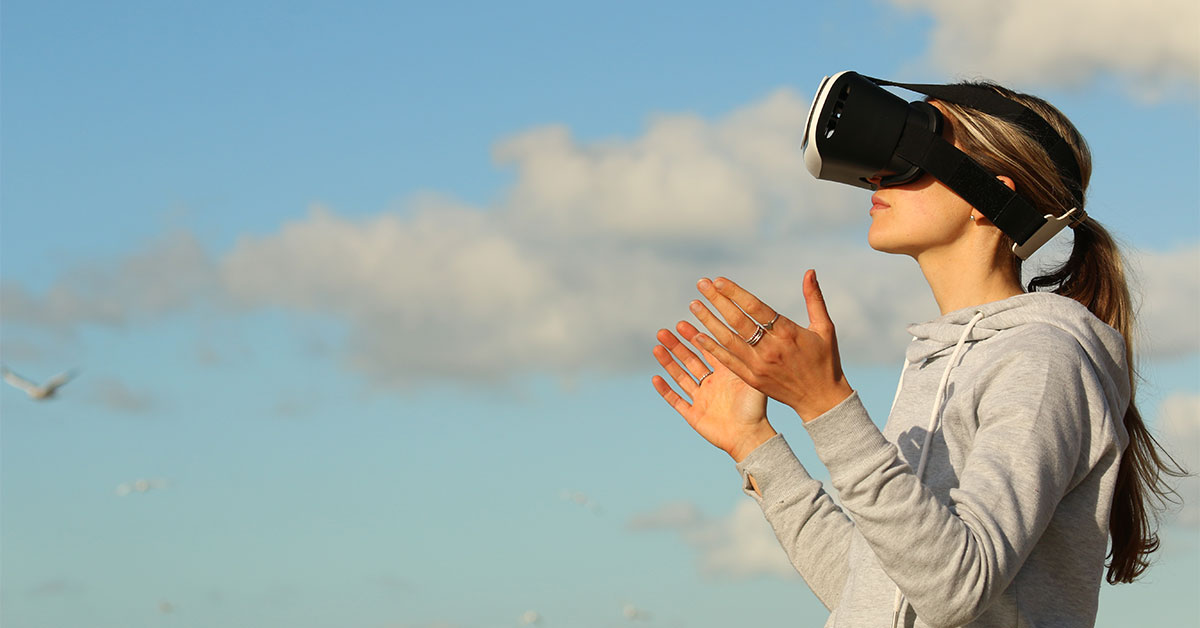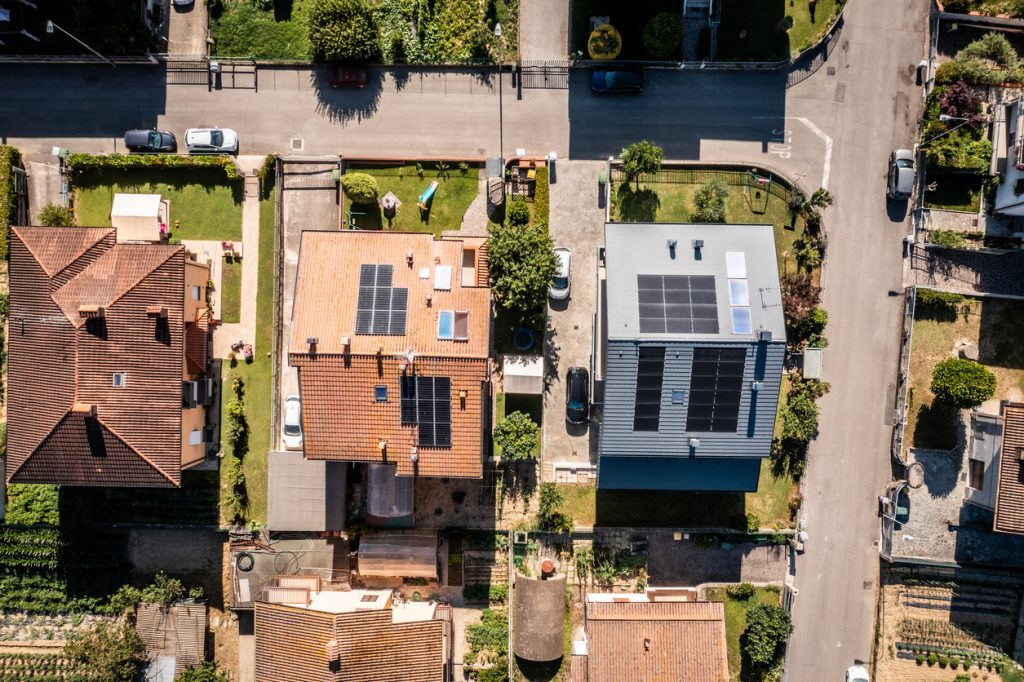How virtual and augmented reality will change our lives
By Andrew Dunbar | 17/07/2018

The terms ‘virtual reality’ (VR) and ‘augmented reality’ (AR) are technology terms that leave many intrigued. What started out as a bit of a gimmick for gamers around the world has taken on a very real significance in recent times. As technology platforms, they have the potential to change the way we live in many ways.
When you read about it, the concepts of VR and AR can seem a bit far-fetched. Images of people walking around in headsets and stepping into virtual world may seem unusual but the application of this technology is really just emerging, and will have a positive impact on many areas in our lives. This impact will extend out to our finances.
What are VR and AR?
VR is all about simulating parts of our world, using high performance computers and sensory equipment, to make you feel immersed in that environment. It works for imaginary environments too, making it easy for you to step into just about anywhere by simply wearing a headset.
AR is a little bit different. This technology focuses on adding elements to our real world environment. Remember the game Pokémon Go? It was a craze that swept the world a year or two ago, with people wandering around capturing cartoon Pokémon characters in real-world locations, the animation simply superimposed onto a real-world environment. It’s a classic example of AR in action.
As a technology platform, games like Pokémon Go or slapping a headset on to ride in a rollercoaster have been the central use of these technologies. That’s changing.
Change the way we travel
VR, in particular, will change the way we travel, and even ifwe travel, on both business and personal trips. Business travel is a cost area that all businesses examine closely; VR will enable people to attend meetings and actively contribute in a ‘virtual’ boardroom, significantly reducing the need for travel. Think of it as an extension of video conferencing: While video is great and enables you to see the other individual, it’s still not perfect. VR will be the next evolution of that concept.
Planning personal travel will also take on a new dimension. Imagine being able to virtually visit a location, checking out all the key places to visit and virtually walking the route before you arrived. You could even take a virtual tour of your hotel room before booking it.
Shopping and education
The way we shop will change. VR and AR will make a massive difference to the user experience, enabling you to fit out a room in your house or try on clothing without ever leaving your living room. The cost saving for retailers will be huge, in turn creating savings for the consumer too.
Another key use will be in education. Think about students being able to step back in time to view a historical event in a virtual environment, putting them there as it happened. The possibilities to improve the reach and content of education are really endless.
Healthcare
Possibly the biggest impact will be in health. With our aging population, the cost and need for health services are on the rise. VR will have a significant impact on the way health services are provided, potentially revolutionising everything from a doctor’s visit through to conducting major surgery.
For medical professionals, VR can be used to train and practise delivering major surgery, all in a virtual operating theatre. For doctors, running some consultations can be done completely in a virtual environment. Think of the implications for the elderly, who may not be as mobile, or those living in remote regional areas.
The possibilities around decreasing the cost of delivering health services are massive. Given the costs currently being projected, this could amount to a significant financial saving.
Financial benefits
While this technology will definitely bring cost savings, for me, the real efficiency comes in the form of time; that is, the time you’ll save using VR or AR to complete tasks that today are time consuming, manual, or need to be done in person. Saving that time will allow you to spend more on the things that are important to you in life.
It will also make sure you spend your money wisely, as you’ll be able to investigate options without leaving your living room. Think about our earlier example around hotels: Virtually investigating options before you travel or make any financial commitment ensures you’ll get what you want and won’t waste money on accommodation that doesn’t suit your needs.
It’s an exciting space, and one we’ll be keeping an eye on as it has the potential to really change our lives into the future.









